Anybody have any good sources for deck failure statistics? I'm meeting with a developer I've been working with for the past year later this week along with his "deck guy" who has been causing nothing but problems - of course he has accused me of picking on him and I'm the one causing the problems. These things look like not quite passable DIY jobs - guardrails connected with a few screws (or toe nails!), stair connections questionable at best, no lateral support, etc.
I'm going to have the code and can point to all the things that are wrong, but I'm anticipating a lot of push back and the typical "we've always done it this way" and "the city inspectors don't call us out on this" so I want to have something that at least the developer will understand. My gut feel is that the vast majority of structural failure related injuries occur on decks and balconies, but I don't have any coherent stats on it.
Thanks.
I'm going to have the code and can point to all the things that are wrong, but I'm anticipating a lot of push back and the typical "we've always done it this way" and "the city inspectors don't call us out on this" so I want to have something that at least the developer will understand. My gut feel is that the vast majority of structural failure related injuries occur on decks and balconies, but I don't have any coherent stats on it.
Thanks.

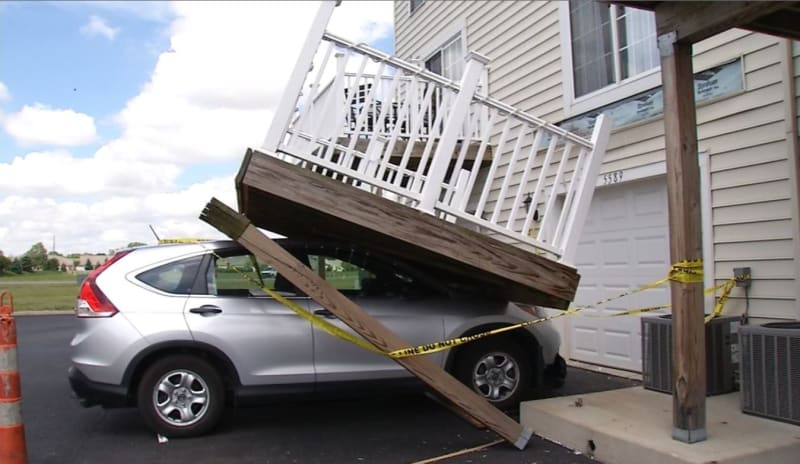
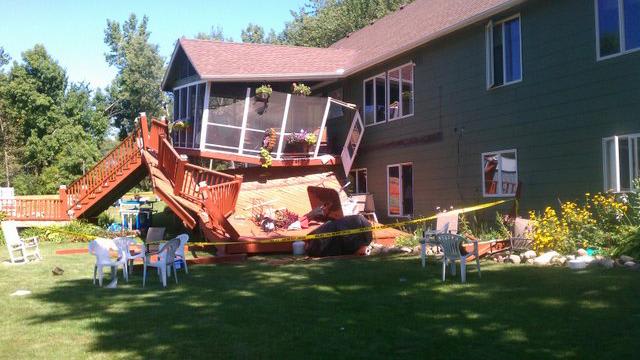
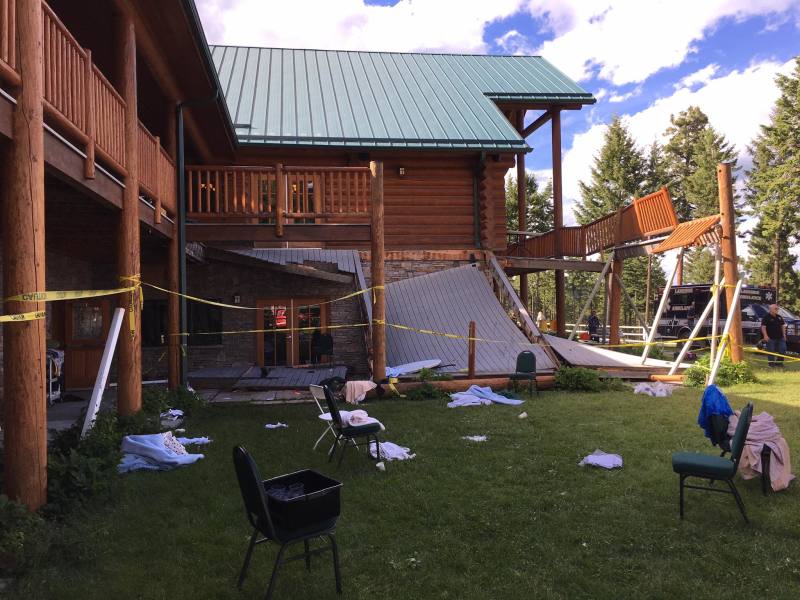
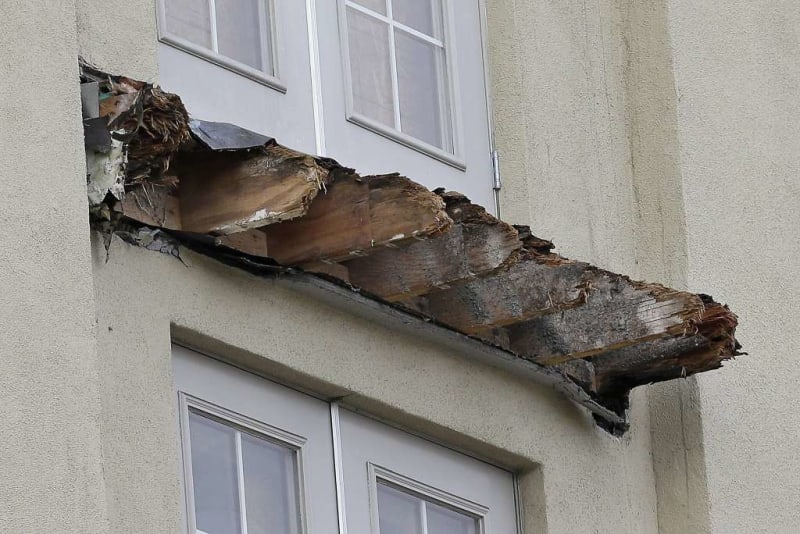
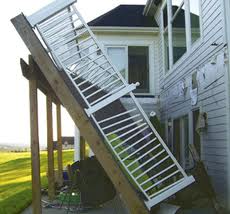
![[idea] [idea] [idea]](/data/assets/smilies/idea.gif)
![[smile] [smile] [smile]](/data/assets/smilies/smile.gif) Would I be correct in assuming that some of those failures were fatal?
Would I be correct in assuming that some of those failures were fatal?